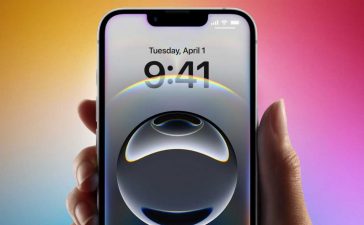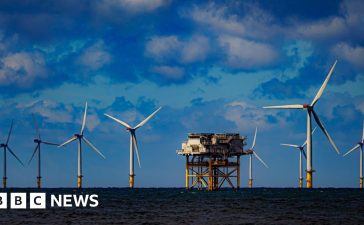BlueCruise, Ford’s hands-free driver-assist system, will be available in 500,000 vehicles by 2024. And a Level 3 system, which is also called conditional or unsupervised autonomy, will be first available in Ford’s next-generation EVs.
BlueCruise is a Level 2 system, meaning the vehicle controls major functions like acceleration and braking as well as lane centering and automatic lane changing. But while drivers can take their hands off the steering wheel and their feet off the pedals, they need to keep their eyes on the road and be ready to take control at a moment’s notice. Ford said that BlueCruise-equipped vehicles have already traveled over 50 million miles.
Ford’s Level 3 system will be first available in its next-generation EVs
Level 3 refers to highly automated driving, where the driver still needs to be able to take over the vehicle upon request but can also take their eyes off the road in certain situations. Some experts have argued that L3 systems can be dangerous given the need for drivers to stay attentive despite the vehicle performing most of the driving tasks.
Ford is in a race to get more partially autonomous features into consumer vehicles as quickly and safely as possible. Tesla is driving the discussion with its controversial beta system, Full Self-Driving, which can theoretically handle local roads with traffic signals and pedestrians but has also been criticized as a dangerous and unfinished product without sufficient guardrails.
GM also has a hands-free highway feature called Super Cruise and has said it would release a more advanced product called Ultra Cruise that can handle “95 percent” of driving tasks. Volvo, Mercedes-Benz, Audi, and others are also working on their own L3 products.
Last year, Ford divested from its robotaxi unit, Argo AI, arguing that L3 autonomous features would ultimately prove to be more profitable and less technically complex. Doug Field, the company’s vice president in charge of electrification and software, declined to put a date on the rollout of its L3 features during today’s event.
Ford is in a race to get more partially autonomous features into consumer vehicles as quickly and safely as possible
“As much as I want it to, we’re not going to deliver L3 by 2025,” Field said. “It’s just too ambitious and undertaking, so we have to lay the groundwork. But you’re going to have to wait a little longer for L3.”
Field described “key use cases” for Ford’s L3 product as stop-and-go traffic and long journeys in which you can “take your eyes off the road” and the vehicle will handle all the steering, acceleration, and braking. Field also outlined the feature’s limitation, saying that it most likely won’t be able to handle urban environments with stop signs and pedestrians.
“Downtown operations with pedestrians and stop signs and double- and triple-parked cars,” Field said. “That is the hardest possible place to get L3 up and going.”











